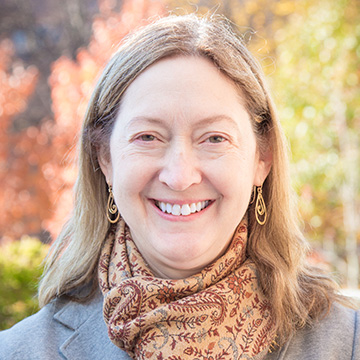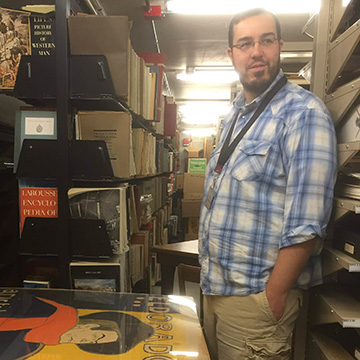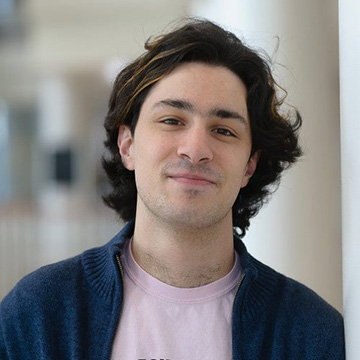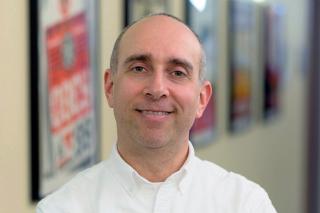Libraries, Archives, and Museums Today: Insights from the Field seeks to understand how institutions are adapting to the challenges of working with digital information.
Peter Botticelli, Martha R. Mahard, and Michèle V. Cloonan collaborated on Libraries, Archives, and Museums Today: Insights from the Field (Rowman and Littlefield, 2019). The book consists of case studies of libraries, archives, and museums, with the particular goal of understanding how these institutions are adapting to the challenges of working with digital information and user populations that increasingly expect rich online as well as in-person experiences.

The book was a collaboration between the three co-authors; SLIS students, including a number of graduate assistants and students in LIS 477 Digital Asset Management for Libraries, Archives, and Museums (DAMs for LAMs) course, as well as the LAM professionals interviewed for the book.
“These interactions were my favorite aspect of the project and they enabled us to gather an exceptionally rich body of data from which to draw in writing the case studies," says lead author, Assistant Professor Peter Botticelli. "I see this book as a model for how LIS programs can work with professionals in the field to better understand how institutions are responding to current needs.”
SLIS students Brett Freiburger '16MS and Joel DeMelo '19MS tell us what it was like to work with faculty on this project.
Brett Freiburger '16MS, Project Supervisor for the Print and Photograph project at the Boston Public Library

How did you get involved in this project?
I took Peter's DAMs for LAMs class and he mentioned at the beginning that he was working on a collection of studies for various institutions. Coming from a background of working in historic house museums, I decided Historic New England would be a good choice. Also, my former professor, Dave Dwiggins, was running the Historic New England digital collections management. I worked with Peter and David over the semester to try and squeeze as much research in as possible. After presenting my research, Peter asked if my work could be used and expanded upon.
I did the majority of the research and drafting of the article, “Historic New England: Building a Complex Infrastructure” and I ended up working with all the editors to reach the final publication.
How did this experience enhance your course of study?
It gave me a much stronger understanding of the future of museum preservation, access, and research. Creating and managing vast amounts of digital data and images will be how much of our profession will spend its time in a decade or so. I also was able to work with professors that all had valuable and unique attributes to bring to the experience.
Any advice for current students?
Research your professors and do not be afraid to plan your own course of study. While the planned programs offer a clear path, it is your interests and career goals that matter most. Also, take internships because that will give you experience with the theory you learn and a professional network. Just because a program doesn't require it, doesn't mean it isn't important to take.
Joel DeMelo '19MS, SLIS Faculty Research Assistant

How did you get involved in this project?
I have been a research assistant to Michele and Peter as part of my SLIS scholarship since Fall 2017.
Can you tell us about your role/contributions?
I served a few small roles: I helped find images for the book and did a little editing and work on the index, but largely worked on research.
How did this experience enhance your course of study?
Working closely with the case studies was fantastic. There are no uniform, one-size-fits-all solutions to the problems that all LAMs face, so there is often more to be gained by looking at what many other institutions have done than from something more abstracted. Diving into what circumstances the institutions in the book faced and how they chose to deal with it was a great supplement to my coursework at Simmons.
Any advice for current students?
Though Simmons has a world-class faculty, and your coursework is key, some of the best opportunities at SLIS are outside of the classroom. Hunt down internships and part-time jobs in the field if you can, take classes that involve case studies, interviewing professionals, and other hands on work, and don't be afraid to reach out to institutions that you are interested in. They are often very receptive.

